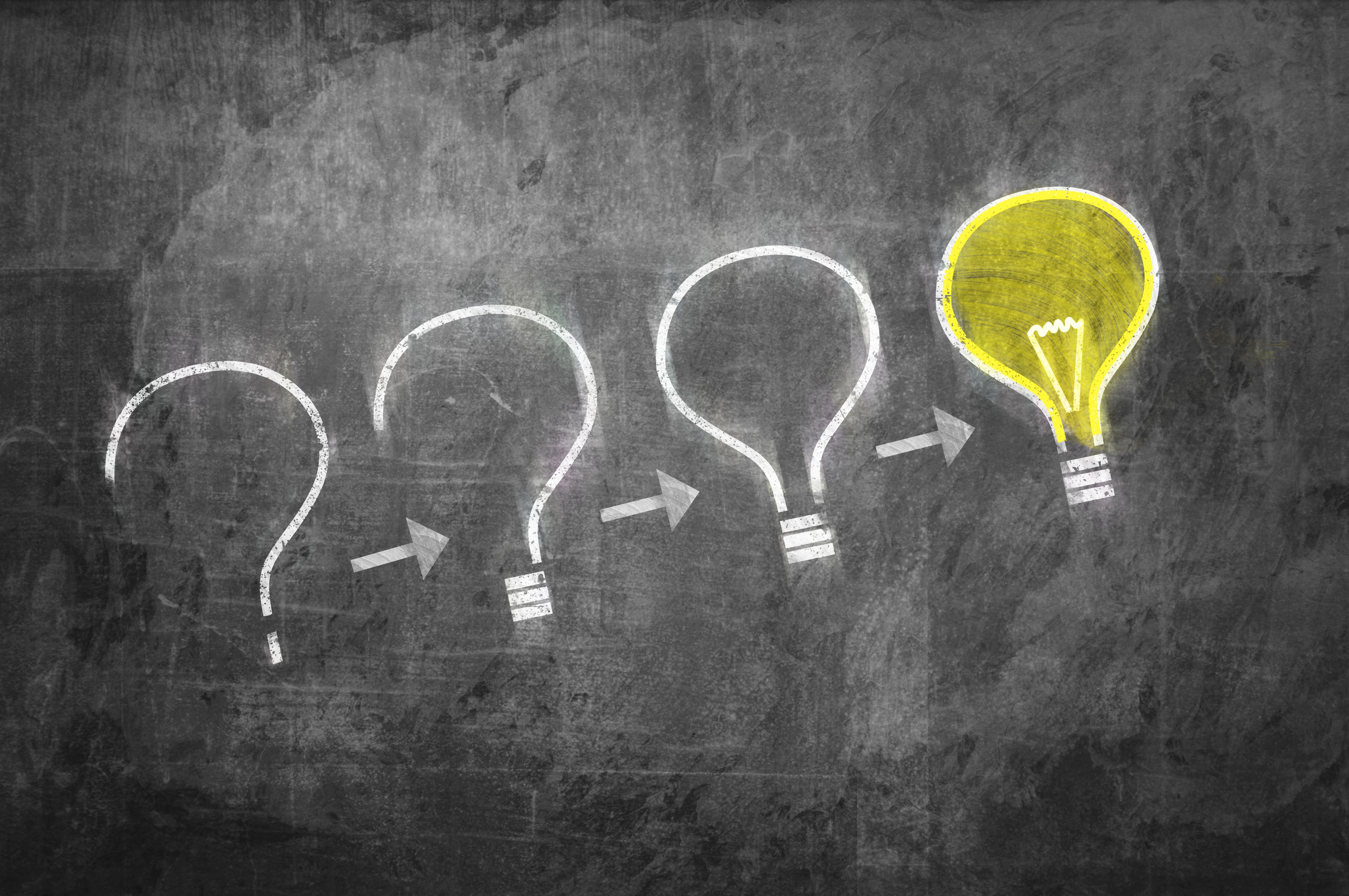
Nobody will thank you for having hard water, let’s face it. Especially your skin and hair, not to mention the insides of your washing machine and/or kettle. There’s nothing worse than having to descale your kettle all the time, plus appliances which frequent routine action with hard water become obsolete quicker than those used to soft water passing through them. And don’t start us on tap water. When used for drinking purposes (when hard) is pretty unpalatable too. So, aside from healthier skin, more manageable hair, more enduring appliances and a nicer taste left in your mouth, what other notable benefits are there from soft water? Lower heating bills is a biggie, as hard water can play havoc on the operating costs associated with household appliances which fundamentally rely on water as part of its engineered process, more of which later.
So, if you live in a notorious hard water-supplying area (and there’s plenty of them in numerous UK postcodes), what can I do to change the status quo, you may ask. Thankfully the answer lies in water softening solutions. But before we go there, let’s quickly remind ourselves just what hard water is exactly. Simply put, it’s Adam’s Ale which contains more minerals than ordinary water does, chiefly calcium and magnesium; which are recognised as positively charged ions. Essentially the degree of hardness increases when one or both these unsettling elements dissolve in the H20. The presence of either/or/both, other positively charged ions will make dissolution in water difficult; hence, if you’ve ever noticed, why soap struggles to dissipate in hard water.
In terms of the damage hard water can cause, over time it can realistically clog up pipes, whilst deposits of lime scale can build-up quickly in a variety of household water systems if not closely monitored. With regards to pipework succumbing to the rigours of lime scale, then subsequently the efficiency of heating boilers and tanks can be significantly compromised too. In turn this can result in utility bills (domestic water heating) spiralling by as much as 20%, which will have a noticeable effect on the consumer’s pocket. And then – as we hinted above – there’s the potential damage to household equipment due to the ravages of lime scale, such as washing machines, dishwashers, kettles and anything else which stores and frequents a cycle of water interacting with its core components.
So that’s hard water explained, but what about water softening then? Well, in theory water softening techniques typically focus on the systematic removal of the ions that cause the hardness in water, whilst in practice this means the implementation of a dedicated water softening unit which connects directly to the water supply. The installation of such a filtration means will help to extend the life expectancy of household appliances such as washing machines and dishwashers, together with the pipelines which serve the domestic assemblages. In addition, you’ll find that water softening devices will also improve the workings and increase the lifespan of air-conditioning units, solar heating systems and any other water-based applications in and around the home or place of work.
And The Question of Regular Maintenance?
Turning our attentions back to the primary topic, and yes, water softeners do require timely observation, if only to establish a continuation of all the good work previously done, courtesy of opting for water softening equipment. In reality, keeping on top of water softening device maintenance is key to avoiding the prospect of lime scale, and you’ll be pleased to learn doesn’t necessitate an awful lot of embow grease or time management. In actual fact, few things are more low maintenance than a water softening set-up, as the equipment tends to self-maintain, only really requiring the user tops it up with water softener salt and affords it a clean once in a while. As a homeowner, many will choose to have a third party service their water softening equipment annually, just to determine that everything is working as it should be and moreover, the unit is running as efficiently as possible. If not, settings can be tweaked to revise any minor issues with reference to optimization.
As it is, systems created specifically to combat the threat posed by hard water are very good at what they’re designed to do, and traditionally require very little input from users once up and running in situ. Examining the precise needs of such installations, and generally-speaking products which demand salt replenishment so as to eradicate ions which cause water to become hard (as discussed earlier), will need to have the existing salt replaced every couple of months on average; while the majority of systems which don’t rely on the input of salt per se require pretty much zero levels of maintenance.
Tell Me More About the Addition of Salt?
The introduction of salt is imperative to the process within the constructs of certain water softening units, and to this end there are three predominant types of salt used to systematically soften hard water. They are rock salt, solar salt and evaporated salt. The former is a mineral which occurs naturally in the ground and obtained via orthodox methods of mining, while solar salt is acquired mainly through evaporation of seawater. The latter, evaporated salt, is also mined from underground salt deposits. Right about now you’re probably asking which salt should be used in a water softening environment, so here’s the general consensus of opinion from the experts. Rock salt comprises of a certain volume of matter which isn’t water-soluble. This means softening reservoirs will demand more regular cleaning, yet is more cost effective than both solar and evaporated alternatives.
Decisions about which type of salt to plump for should be based on how much salt is required, as well as how often the softening unit needs cleaning. Should salt usage be minimal, products can be alternated. Don’t worry though, as the water softening equipment manufacturer will have appropriate guidelines to follow and ultimately recommend which type of salt will work best in the system you’ve purchased. Addressing the question of maintenance requirements once again, and a good water softener will last many years. Both softener and ion exchanger resins tend to last in the region of 20 – 25 years, during which most of this time will be trouble-free and best of all, high maintenance free.
BrodexTrident can provide water softener maintenance services, click below for a no obligation quotation.





